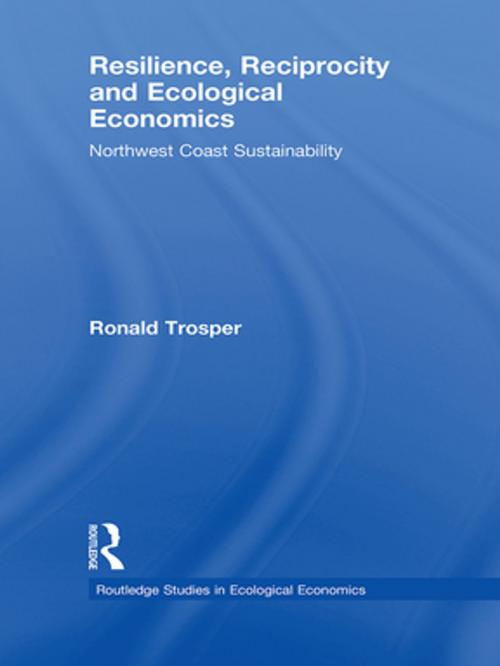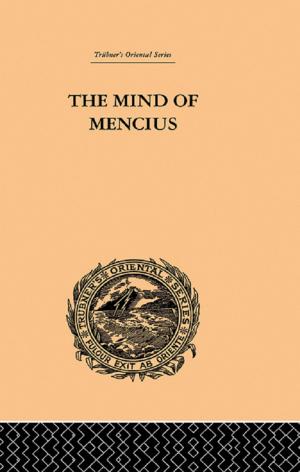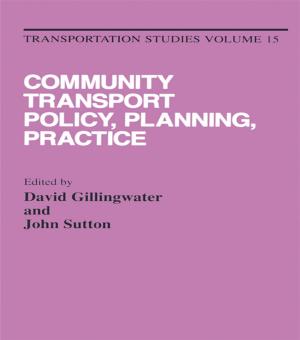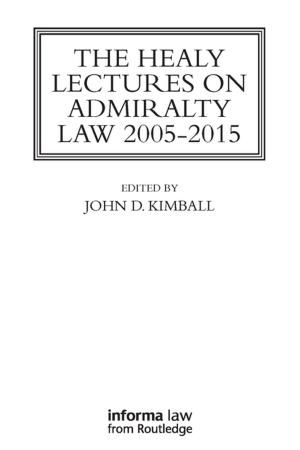Resilience, Reciprocity and Ecological Economics
Northwest Coast Sustainability
Nonfiction, Religion & Spirituality, Philosophy, Ethics & Moral Philosophy, Business & Finance, Economics| Author: | Ronald Trosper | ISBN: | 9781134111268 |
| Publisher: | Taylor and Francis | Publication: | February 3, 2009 |
| Imprint: | Routledge | Language: | English |
| Author: | Ronald Trosper |
| ISBN: | 9781134111268 |
| Publisher: | Taylor and Francis |
| Publication: | February 3, 2009 |
| Imprint: | Routledge |
| Language: | English |
How did one group of indigenous societies, on the Northwest Coast of North America, manage to live sustainably with their ecosystems for over two thousand years? Can the answer to this question inform the current debate about sustainability in today’s social ecological systems?
The answer to the first question involves identification of the key institutions that characterized those societies. It also involves explaining why these institutions, through their interactions with each other and with the non-human components, provided both sustainability and its necessary corollary, resilience.
Answering the second question involves investigating ways in which key features of today’s social ecological systems can be changed to move toward sustainability, using some of the rules that proved successful on the Northwest Coast of North America.
Ronald L. Trosper shows how human systems connect environmental ethics and sustainable ecological practices through institutions.
How did one group of indigenous societies, on the Northwest Coast of North America, manage to live sustainably with their ecosystems for over two thousand years? Can the answer to this question inform the current debate about sustainability in today’s social ecological systems?
The answer to the first question involves identification of the key institutions that characterized those societies. It also involves explaining why these institutions, through their interactions with each other and with the non-human components, provided both sustainability and its necessary corollary, resilience.
Answering the second question involves investigating ways in which key features of today’s social ecological systems can be changed to move toward sustainability, using some of the rules that proved successful on the Northwest Coast of North America.
Ronald L. Trosper shows how human systems connect environmental ethics and sustainable ecological practices through institutions.















